Richard Durham ’11 writes about helping villagers reinvent their local economy
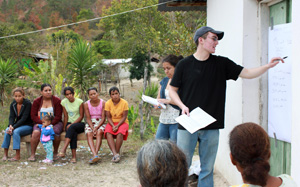 Richard Durham ’11 (Braintree, Mass.), a double major in economics & business and Spanish, is team leader of a group of students working through the College’s Economic Empowerment and Global Learning Project to help jumpstart the economies in the rural Honduran villages of El Convento and Lagunitas.
Richard Durham ’11 (Braintree, Mass.), a double major in economics & business and Spanish, is team leader of a group of students working through the College’s Economic Empowerment and Global Learning Project to help jumpstart the economies in the rural Honduran villages of El Convento and Lagunitas.
I was very enthusiastic about joining the Economic Empowerment and Global Learning Project team, and in particular about playing a major role in the Honduras projects. As a double major in economics & business and Spanish, I knew that EEGLP’s work in the Yoro region of Honduras could challenge me concerning both my majors and fuel my interest in Latin American economic development.
We spent this past spring break working with farming families in the two villages of El Convento and Lagunitas.Since I will be leading the project starting this summer, my first trip to Honduras was crucial for understanding how EEGLP operates in these communities. During our time there, we started work on a brand new entrepreneurial endeavor in El Convento, as well as wrapping up our successful coffee project in Lagunitas. Before concluding our project in Lagunitas, it will be my job this summer and next year to work toward the cultivation of the last 15,000 coffee plants, as well as the construction of a chicken farm and community center. Additionally, we have already started a citrus fruit garden, planted exclusively for and by the children in the community.
We spent the majority of our time in El Convento, where every day was different, yet there was a visible process to the creation of an economic project there. Along with the current project leader, Lori Gonzalez ’10, I met with the community members to outline our ambitious entrepreneurial plans, gathering the most interested members and organizing them to embark on five specific projects: fish farms, beekeeping, and the plantation of sugar cane, cocoa, and plantains.
Every day was valuable and enjoyable, whether it was walking with the farmers to survey potential plots of land or meeting with the National Honduran Coffee Board. My most rewarding moment was a presentation I made to the community members first in Lagunitas and then in El Convento, explaining the present value of the agricultural asset we were helping them cultivate. In essence, by providing them the capital to buy coffee seeds and fertilizers, together we are helping them develop a community asset that, even accounting for inflation, is worth over $38,000 if cared for and protected. If you convert that figure into Honduran lempiras, you’ll blow their minds!
Equally as rewarding for me was the final meeting in both villages, where the final contract I had helped write up and read aloud was being signed by all of those community members committed to becoming economic agents of their own lives. In Lagunitas, the existing group “Manos Unidas” (United Hands) was especially excited not only about the present value of their coffee trees, but also about the upcoming community center and chicken farm. In El Convento, upon our proposal that the group form an identity, a teenage girl now part of the group spoke up and suggested the name “La Fuerza del Futuro” (Force of the Future). After Lori and I helped them create an executive board, I realized that the Force of the Future really was exactly that.
 Richard Durham ’11 (Braintree, Mass.), a double major in economics & business and Spanish, is team leader of a group of students working through the College’s Economic Empowerment and Global Learning Project to help jumpstart the economies in the rural Honduran villages of El Convento and Lagunitas.
Richard Durham ’11 (Braintree, Mass.), a double major in economics & business and Spanish, is team leader of a group of students working through the College’s Economic Empowerment and Global Learning Project to help jumpstart the economies in the rural Honduran villages of El Convento and Lagunitas.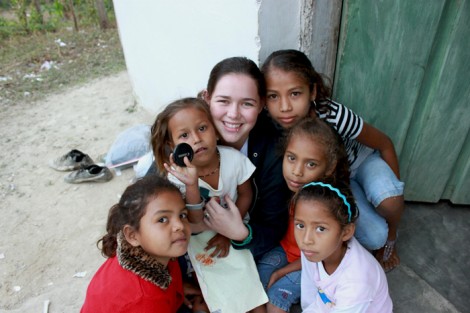
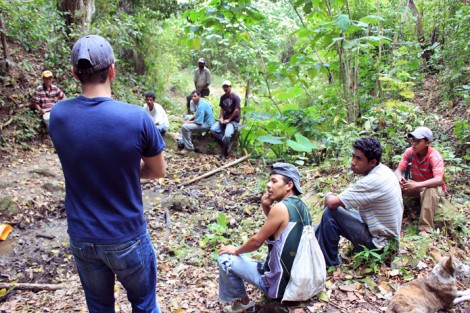
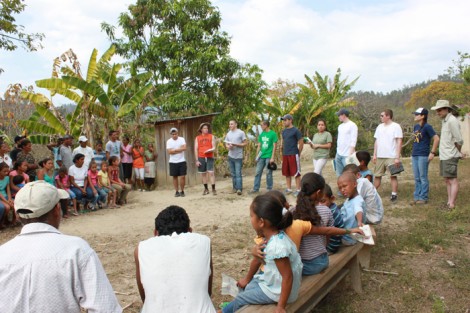
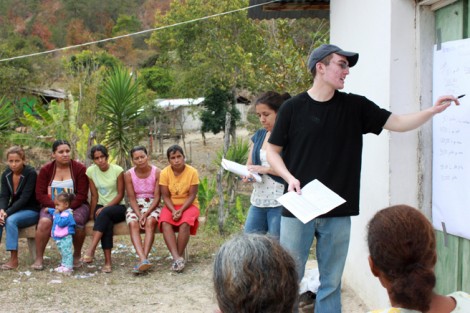
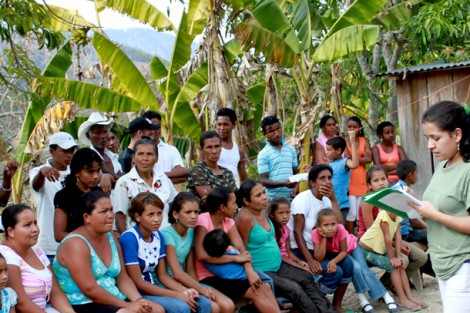
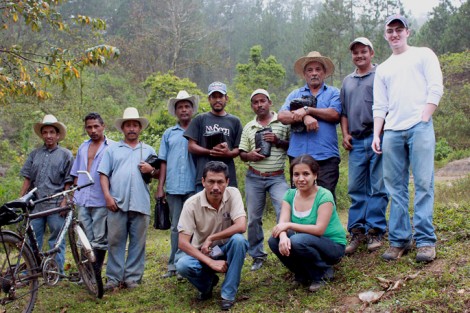
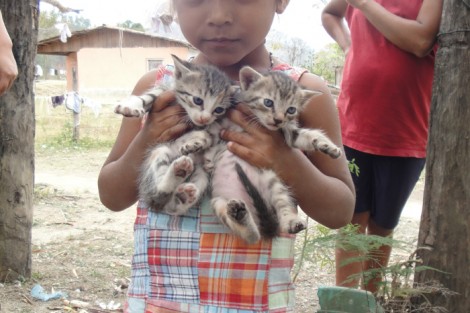
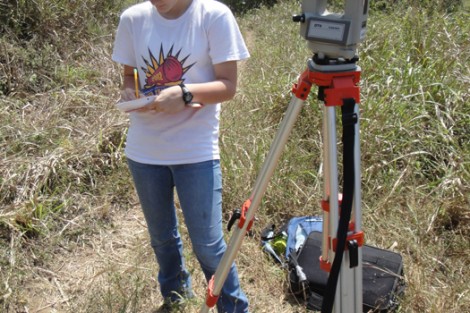
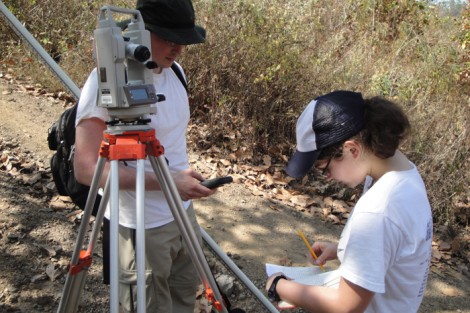
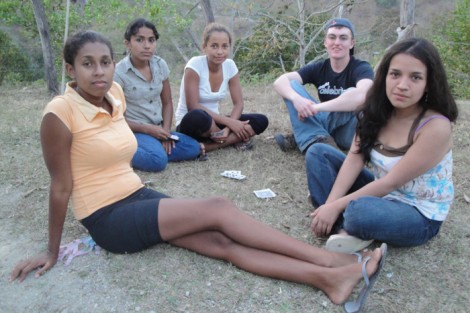
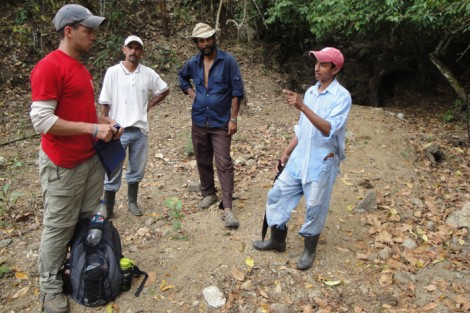
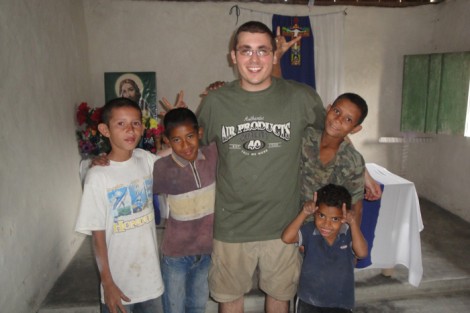
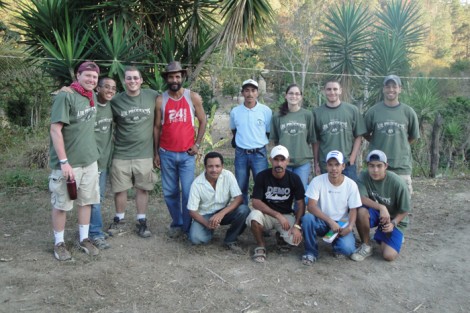
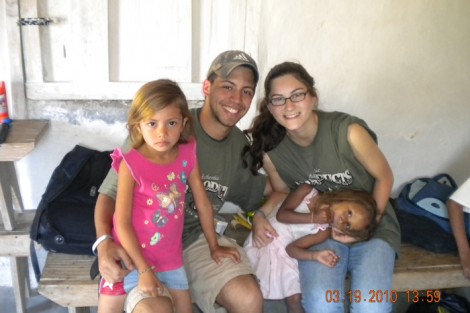
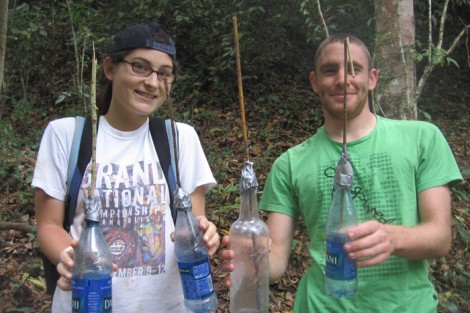
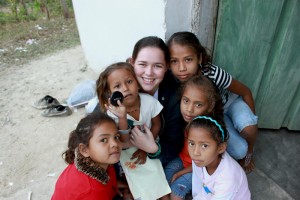
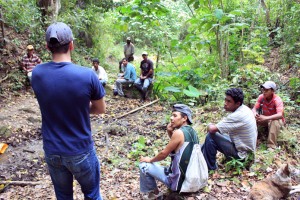
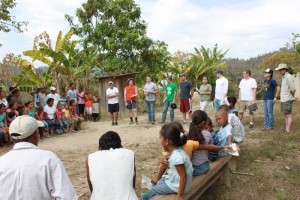
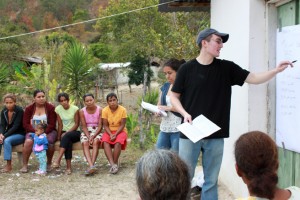
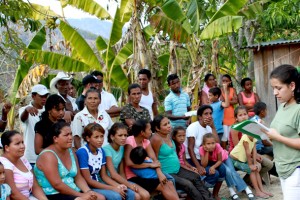
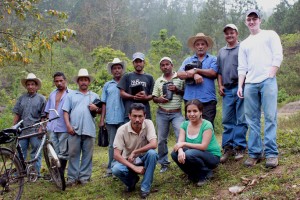
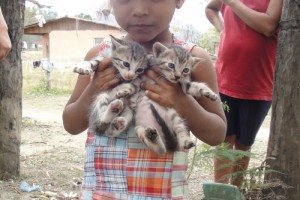
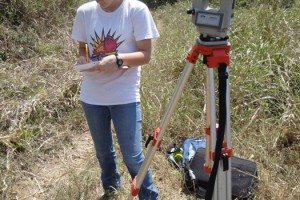
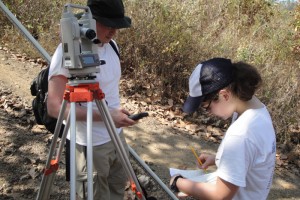
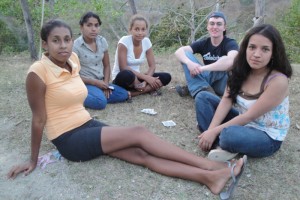
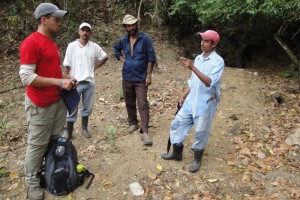
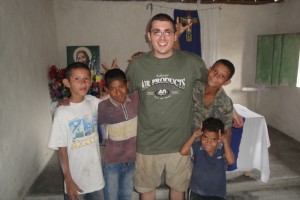
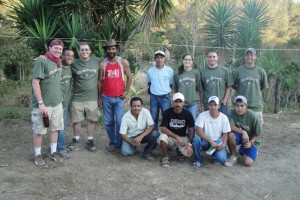
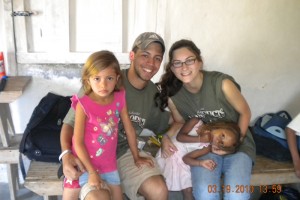
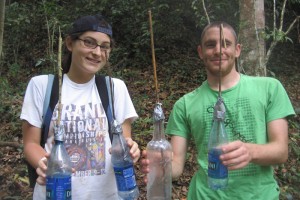
1 Comment
Comments are closed.